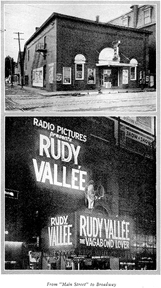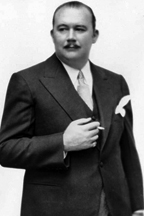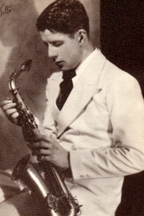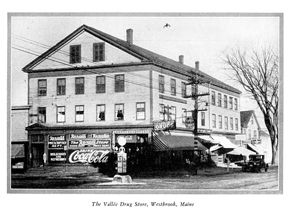In Chapter 16 of his 1930 memoir, Vagabond Dreams Come True, Rudy Vallée recounts his earliest experiences in the recording studio.
IT’S IN THE WAX
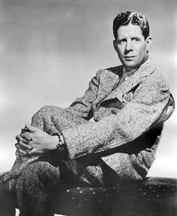 The authorities of the University of Maine were interested enough in my musical efforts to allow me the use of some of the buildings on the campus for my practice. The agricultural part of the college had a large building known as Agricultural Hall where one learned all the science of the soil and animal life of the farm and barnyard. High up on the fourth floor were large classrooms that were empty at night. In one of these I used to practice certain very disagreeable sounding exercises. For instance, for the development of saxophone tone I started with the lowest note on the sax and held it as long as the deep breath I had just taken would permit. I have held certain notes of the saxophone for two minutes.
The authorities of the University of Maine were interested enough in my musical efforts to allow me the use of some of the buildings on the campus for my practice. The agricultural part of the college had a large building known as Agricultural Hall where one learned all the science of the soil and animal life of the farm and barnyard. High up on the fourth floor were large classrooms that were empty at night. In one of these I used to practice certain very disagreeable sounding exercises. For instance, for the development of saxophone tone I started with the lowest note on the sax and held it as long as the deep breath I had just taken would permit. I have held certain notes of the saxophone for two minutes.
